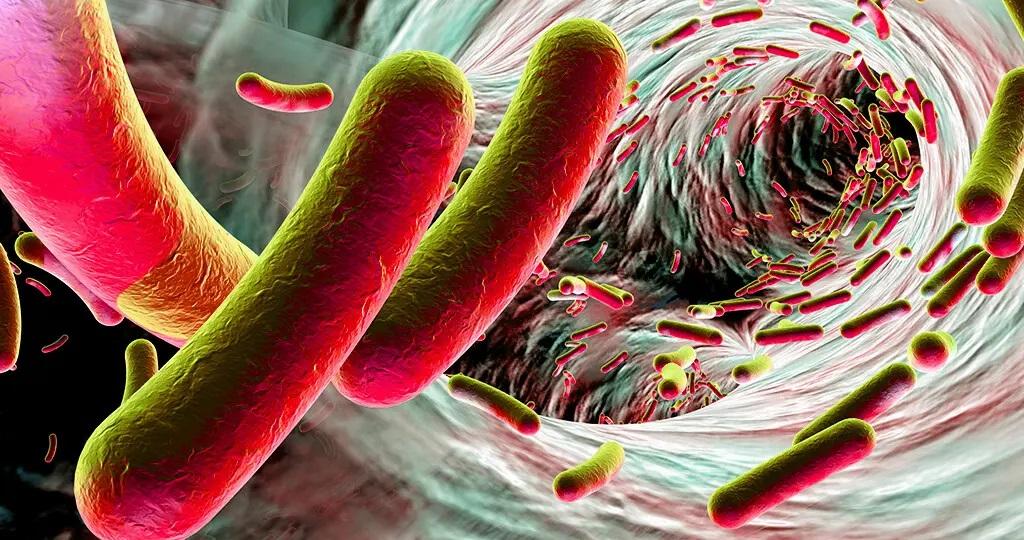Clostridium difficile, commonly referred to as C. difficile, is a bacterium that can cause symptoms ranging from diarrhea to life-threatening inflammation of the colon. The incidence of C. difficile infection has been on the rise in recent years, posing significant challenges to healthcare providers worldwide. The diagnosis and treatment of C. difficile infections present a complex puzzle for medical professionals, requiring a careful balance of clinical judgment, laboratory testing, and therapeutic interventions.
Diagnosis Dilemmas:
One of the primary challenges in managing Clostridium Difficile Diagnostics and Treatment infections lies in accurately diagnosing the disease. The symptoms of C. difficile infection, including diarrhea, abdominal pain, and fever, can overlap with those of other gastrointestinal illnesses, making it difficult to differentiate based solely on clinical presentation. As a result, laboratory testing plays a crucial role in confirming the diagnosis.
The gold standard for diagnosing C. difficile infection is the detection of toxins produced by the bacterium in stool samples. Enzyme immunoassays (EIAs) are commonly used to detect C. difficile toxins, providing rapid results. However, EIAs have limitations in terms of sensitivity and specificity, leading to the potential for false-positive or false-negative results. This can complicate decision-making for clinicians and delay appropriate treatment initiation.
To overcome the limitations of EIAs, molecular methods such as polymerase chain reaction (PCR) have emerged as valuable tools for C. difficile diagnosis. PCR assays target specific genes associated with C. difficile toxins, offering enhanced sensitivity and specificity compared to traditional methods. Despite their advantages, PCR assays may still detect C. difficile colonization rather than active infection, raising additional challenges in clinical interpretation.
Treatment Triumphs:
Once a diagnosis of C. difficile infection is confirmed, prompt and appropriate treatment is essential to prevent disease progression and reduce transmission within healthcare settings. The cornerstone of treatment for C. difficile infection is antibiotic therapy, with oral vancomycin and fidaxomicin being the preferred agents in most cases. These antibiotics work by suppressing the growth of C. difficile bacteria in the colon, thereby alleviating symptoms and facilitating recovery.
In severe cases of C. difficile infection, particularly those associated with complications such as pseudomembranous colitis or toxic megacolon, more aggressive interventions may be warranted. Fecal microbiota transplantation (FMT) has emerged as a promising approach for recurrent or refractory C. difficile infection, involving the transfer of healthy donor stool to restore microbial balance in the gut. FMT has shown remarkable success rates in clinical trials, underscoring its potential as a game-changing therapy for C. difficile infection.



